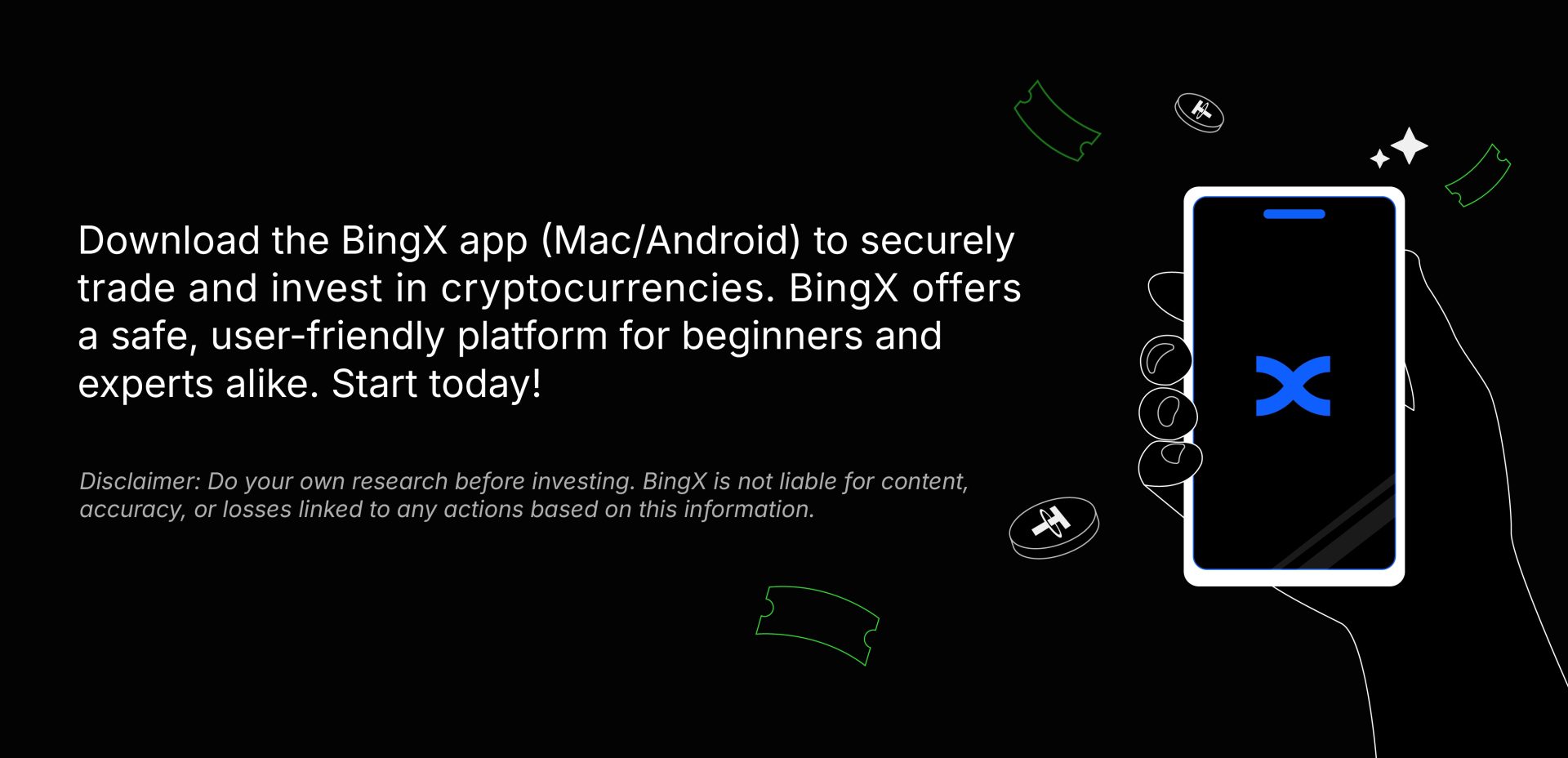The cryptocurrency market is no stranger to volatility, and Bitcoin’s dip to $79,000 in early March 2025 has once again drawn global attention. This pullback follows a period of highs earlier in the year, reflecting the dynamic nature of digital assets. While some might view this drop as notable, activity in the Gulf region, particularly in the UAE and Saudi Arabia (KSA), suggests a continued interest in Bitcoin amidst the correction.
What’s Behind Bitcoin’s Recent Dip?
In early March 2025, Bitcoin experienced a notable decline, dropping below $90,000 in late February before stabilizing around $82,000. Reports from outlets like Yahoo Finance and CNN Business attribute this pullback to a mix of macroeconomic pressures and market dynamics. Uncertainty surrounding U.S. economic policies—particularly President Donald Trump’s proposed tariffs—triggered a broader sell-off across U.S. stock markets, with the Dow plunging nearly 900 points. This turbulence rippled into cryptocurrencies, shaking investor confidence and contributing to Bitcoin’s slide.
Yet, by March 13, Bitcoin had rebounded to $83,195, recovering from a low of $79,000 earlier in the month. Several factors are fueling this resurgence. Forbes reported that U.S. inflation eased to 2.8% in February 2025, raising expectations of Federal Reserve rate cuts, a scenario that historically bolsters Bitcoin as an inflation hedge. This is particularly relevant for oil-rich Gulf states like the UAE and Saudi Arabia, which are diversifying their portfolios amid global economic shifts. Meanwhile, Canada’s planned launch of the first leveraged Bitcoin ETFs on March 18 signals growing mainstream acceptance, a trend that could inspire financial hubs like Dubai to deepen their crypto ecosystems.
Gulf Region’s Engagement with Bitcoin
The UAE and Saudi Arabia have become notable players in cryptocurrency adoption, supported by forward-thinking regulatory frameworks and efforts to diversify their economies. In the UAE, cities like Dubai are establishing themselves as global blockchain hubs, bolstered by a crypto-friendly ecosystem that includes clear regulations and infrastructure development. Similarly, Saudi Arabia’s Vision 2030 initiative prioritizes innovation and technology, positioning digital assets as a point of focus within its broader economic goals.
When Bitcoin dipped to $79,000 in early March 2025, it coincided with this regional shift toward cryptocurrencies. Chainalysis data from September 2024 highlights the UAE’s prominence in DeFi and stablecoin activity, while Saudi Arabia saw a 154% year-over-year increase in crypto engagement, making it the fastest-growing crypto economy in the MENA region. Significant moves, such as Abu Dhabi’s sovereign wealth fund purchasing $436 million worth of Bitcoin, underscore the region’s capacity to engage with digital assets, driven by high liquidity from oil wealth and a young, tech-savvy population. Historically, Bitcoin has shown a pattern of recovery after corrections, a trend tracked by platforms like Coinglass, which notes an average 17% gain in March over the past four years.
Looking Ahead to Bitcoin’s Role in the Gulf
Bitcoin’s path forward remains dynamic, shaped by global economic shifts and regional ambitions. In the Gulf, oil-driven liquidity, a youthful tech-savvy demographic, and strategic economic plans—such as Saudi Arabia’s Vision 2030 and the UAE’s blockchain initiatives—underscore the region’s rising prominence in the crypto arena.
This evolving landscape gained further momentum with Ripple’s announcement on March 13, 2025, of securing a Dubai Financial Services Authority (DFSA) license, making it the first blockchain-enabled payments provider authorized in the Dubai International Financial Centre (DIFC). This milestone enables regulated cross-border crypto payments in the UAE, tapping into a $40 billion market and reinforcing the Gulf’s role as a hub for digital finance innovation. As the region balances opportunity with fluctuation, its engagement with assets like Bitcoin—and now Ripple’s payment solutions—highlights a broader embrace of cryptocurrency as a transformative force.
